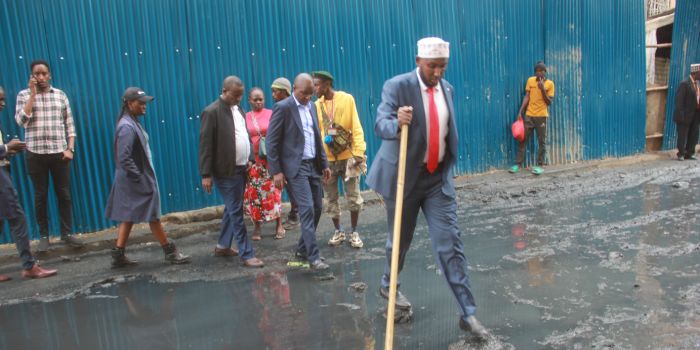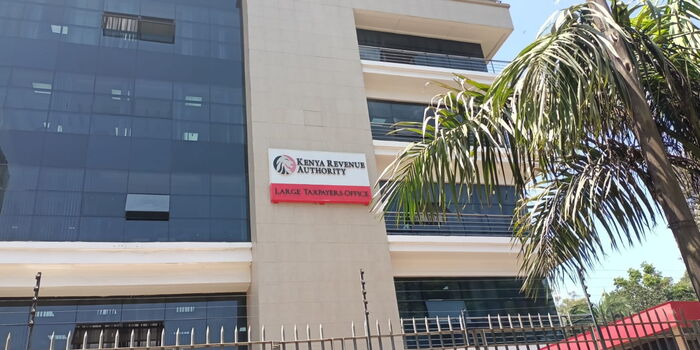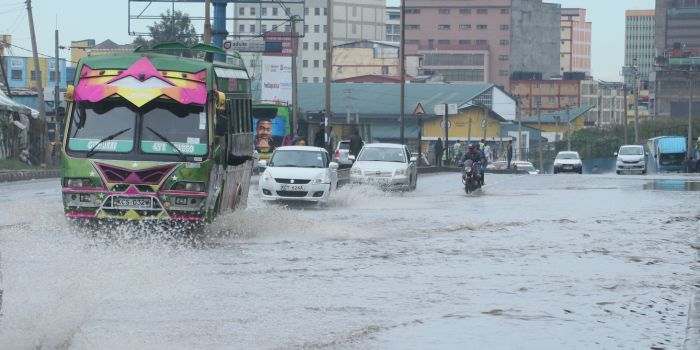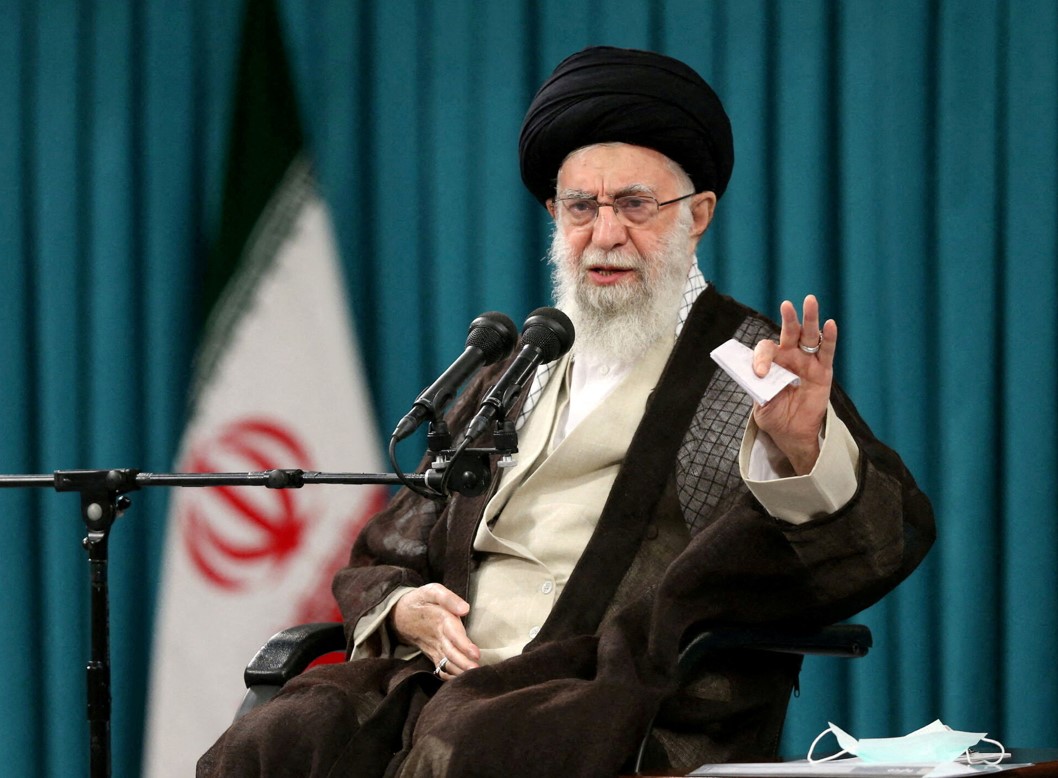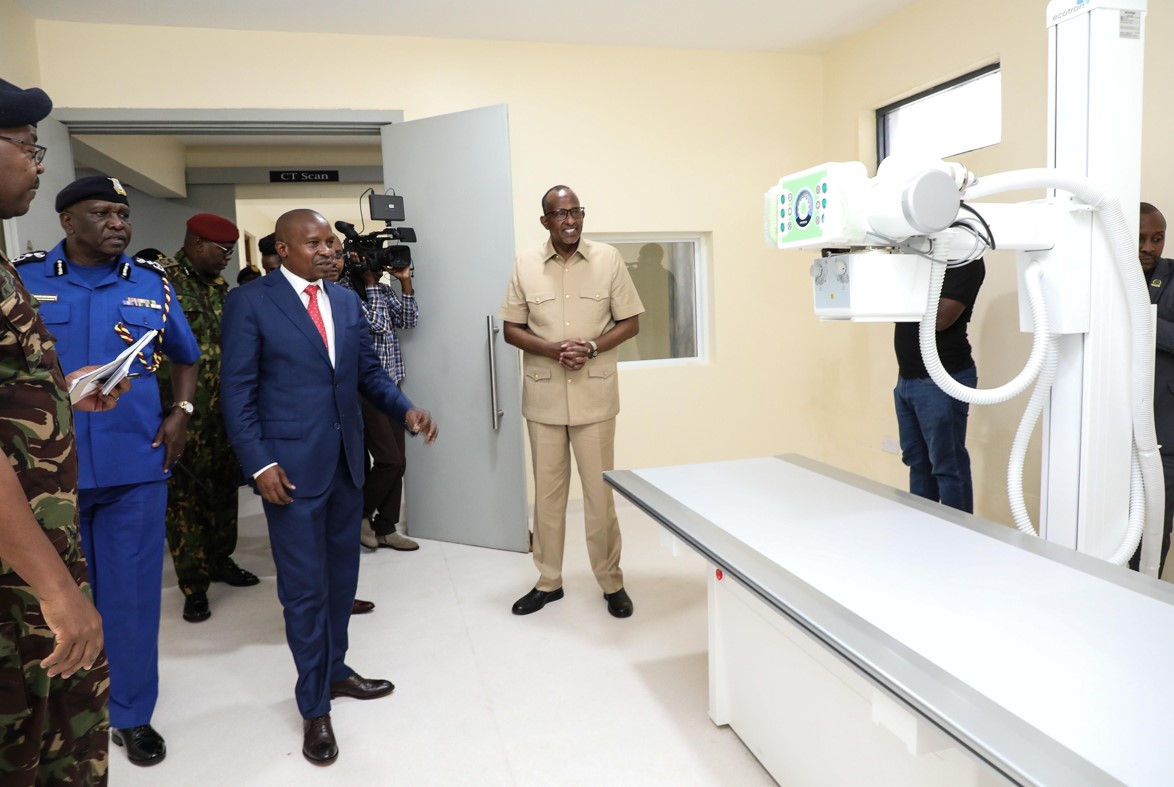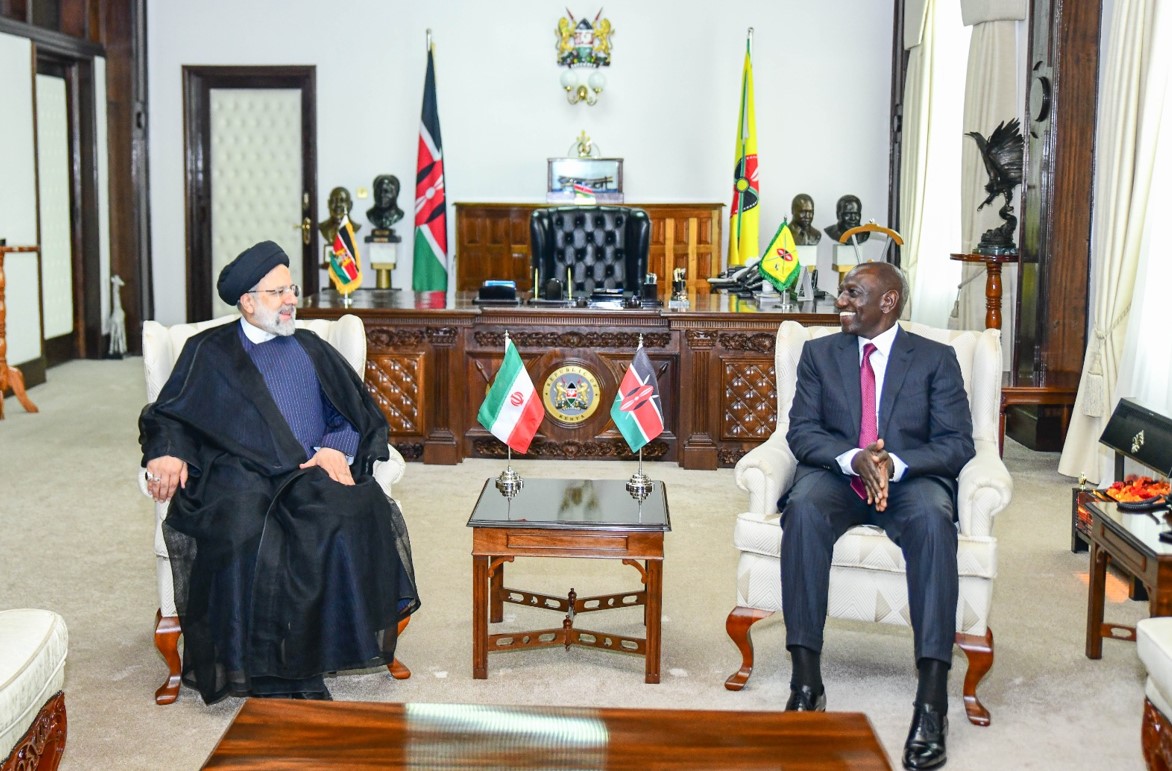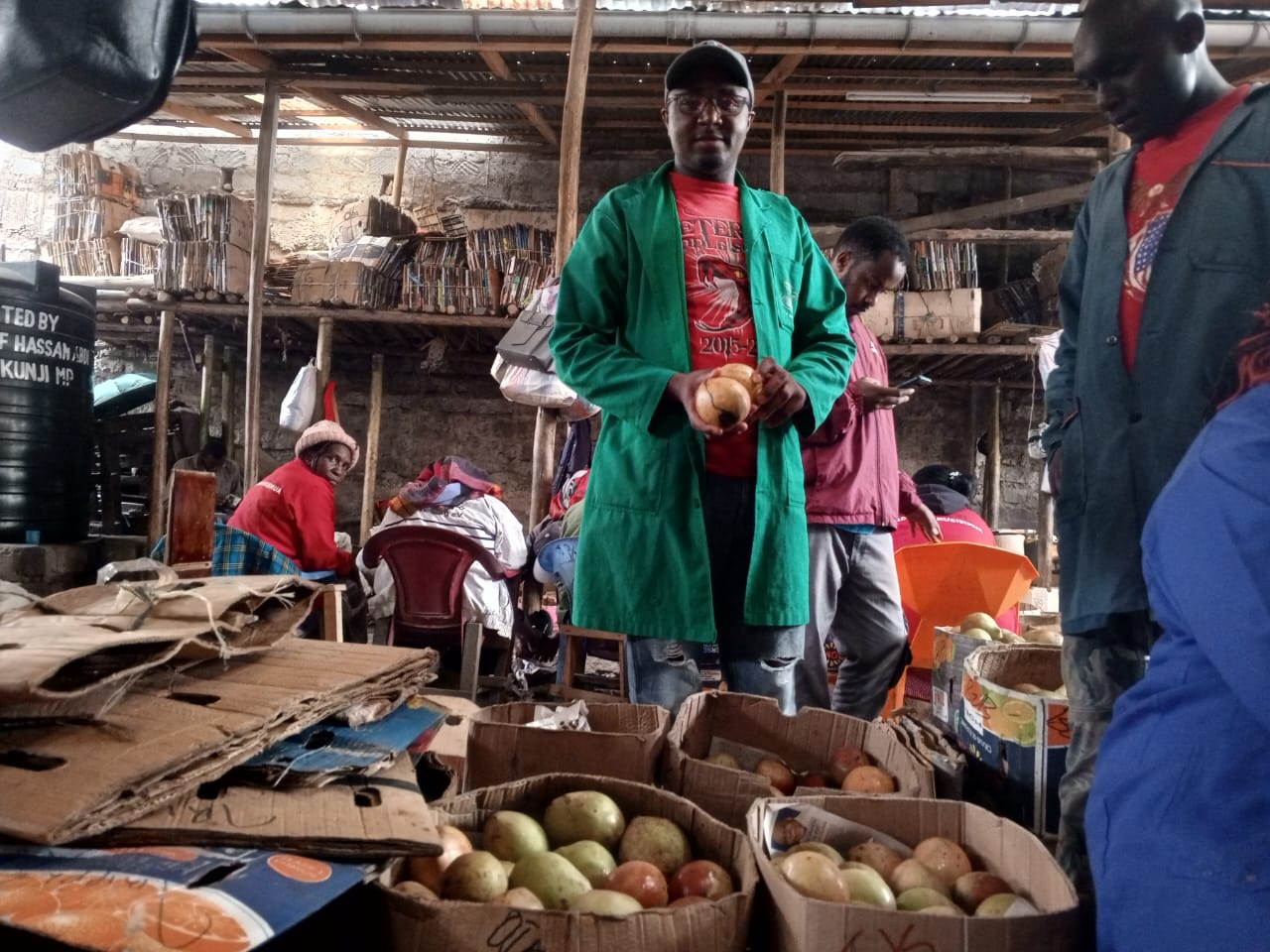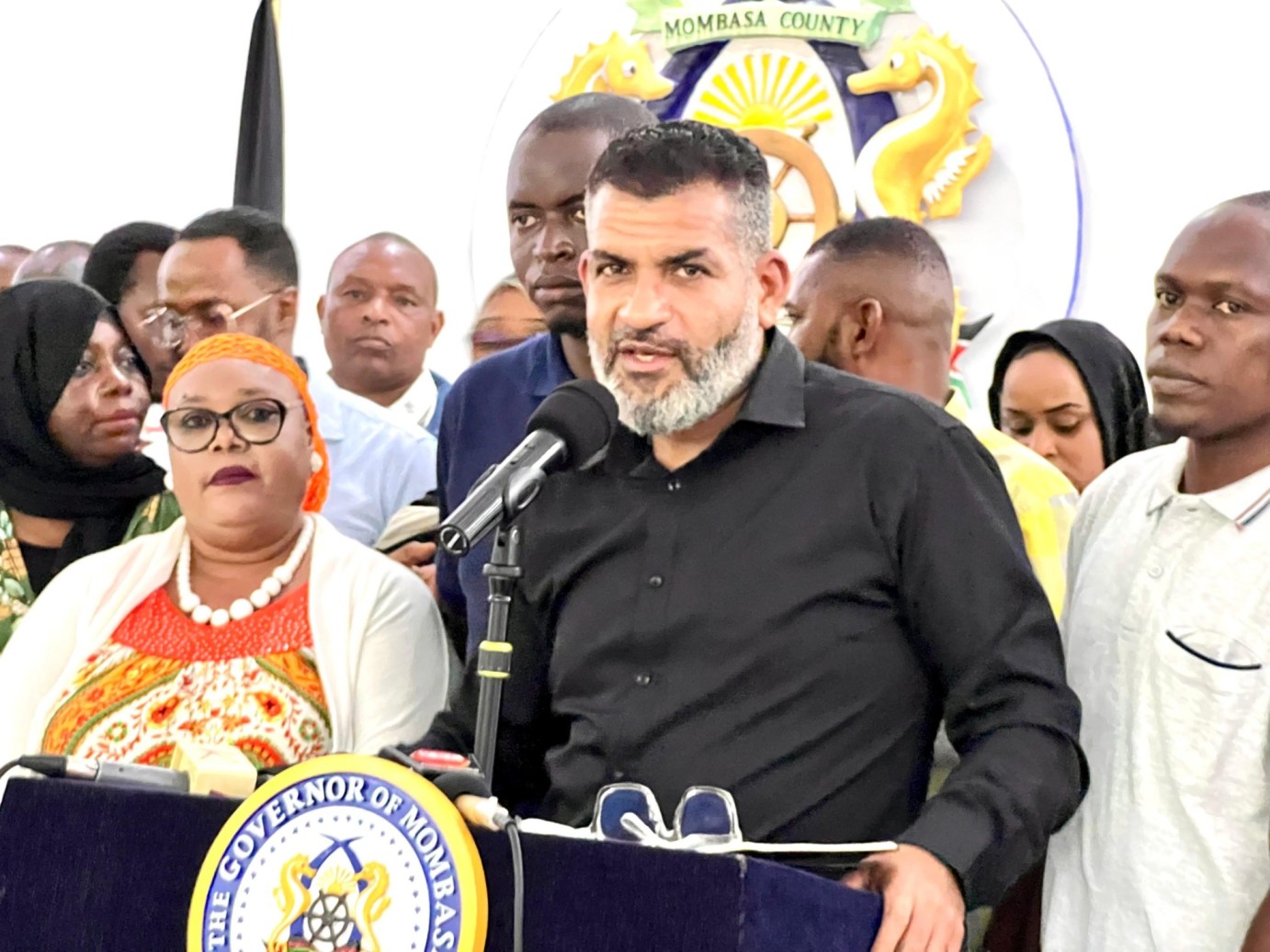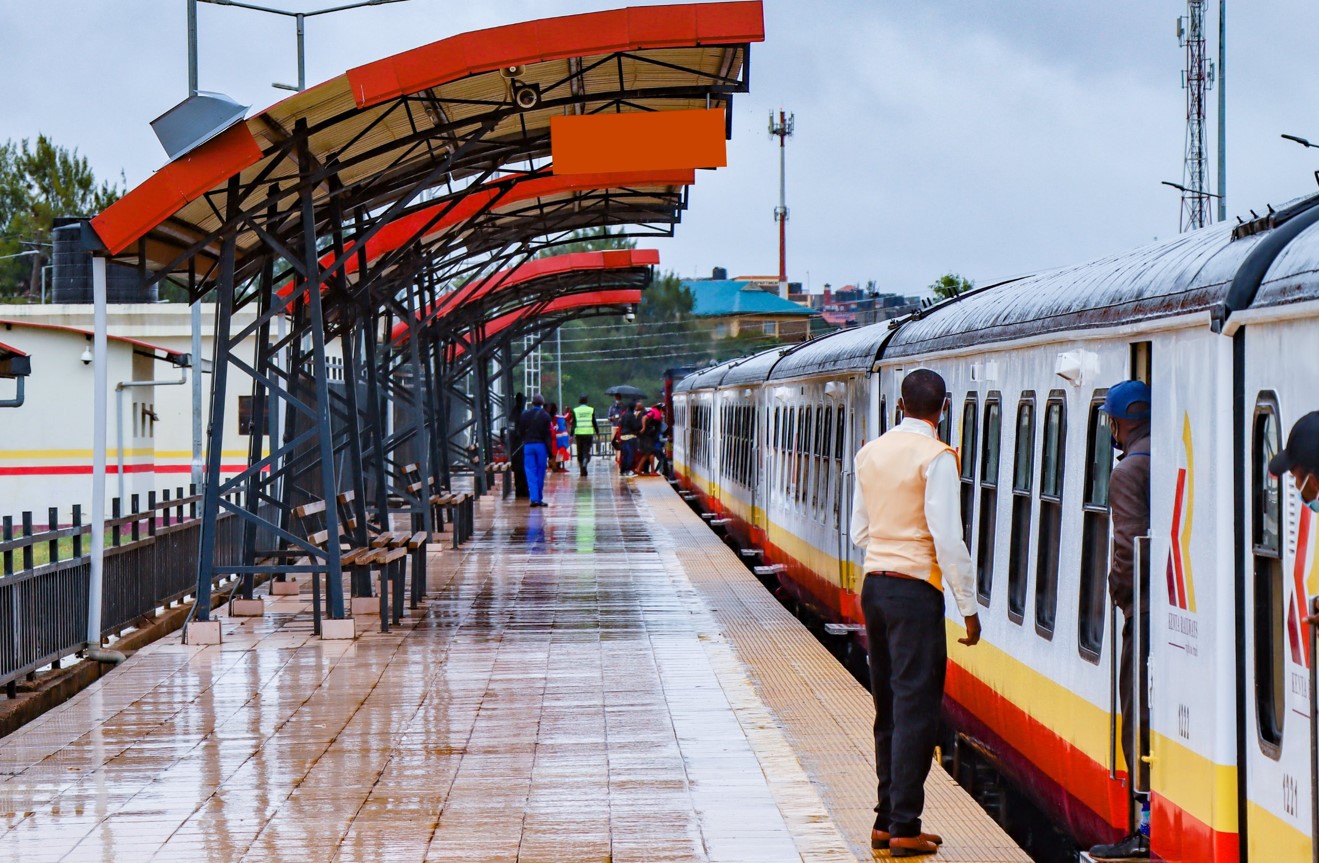Medics forced to suspend work at only functional hospital in Al Jazirah, Sudan as war rages on
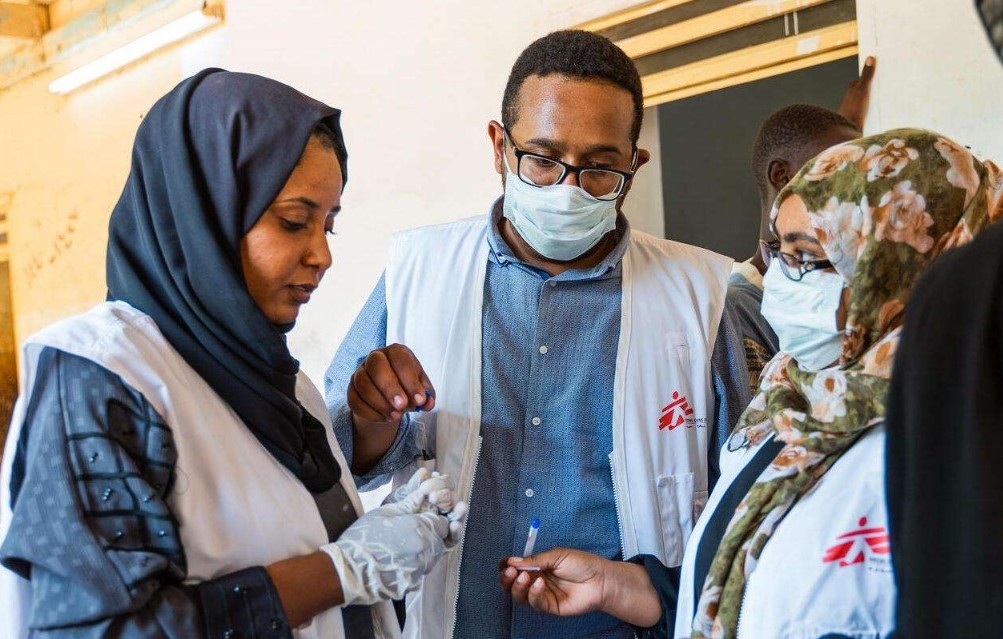
By Barack Oduor |
The health system and basic services in Al Jazirah state have collapsed as a consequence of the fighting and the systematic blockade on supplies and personnel entering the area.
The conflict in Sudan is continuing to affect medical humanitarian assistance to thousands of people affected by displacement as aid workers get harassed and obstructed from their duties by the warring factions.
The Médecins Sans Frontières (MSF) has been forced to suspend work and withdraw staff from Madani Teaching Hospital, the only functional hospital for the hundreds of thousands of people in dire need of medical assistance in the capital of Al Jazirah state, Sudan.
Keep reading
The organisations on Wednesday evening said it was an extremely difficult decision they made after more than three months of relentless challenges trying to provide care at the hospital, including the growing insecurity and the inability to bring new staff and medical supplies into the area due to the denial of travel permits.
They also reported the existence of repeated security incidents, such as looting and harassment, affecting their ability to provide medical care.
"The health system and basic services in Al Jazirah state have collapsed as a consequence of the fighting and the systematic blockade on supplies and personnel entering the area," says Mari Carmen Viñoles, operations manager for MSF in Sudan.
The organisation has called for the warring parties to stop violating health facilities, guarantee the safety of medical personnel and grant the necessary travel permits for our staff and supplies.
"MSF was the only international NGO providing some support in Wad Madani. Our departure leaves a deep void for people struggling to access healthcare and living in a very insecure environment without transportation to move around," Viñoles said.
 Displaced people fleeing from Wad Madani in Sudan's Jazira state arrive in Gedaref on December 19, 2023. (Photo by AFP)
Displaced people fleeing from Wad Madani in Sudan's Jazira state arrive in Gedaref on December 19, 2023. (Photo by AFP)In mid-December, fighting reached Wad Madani—the capital of Al Jazirah state located about 136 kilometres southeast of Khartoum—at least 630,000 people were forced to flee Al Jazirah towards other parts of Sudan according to the International Organisation for Migration—many of whom had already been displaced.
Staff evacuated
At the end of that month, MSF evacuated all staff from Wad Madani following the offensive from the paramilitary group Rapid Support Forces (RSF) in the city, which until then had been controlled by the Government led-Sudanese Armed Forces (SAF).
By January 13, MSF was able to send a team back to Wad Madani, where several hundred thousand people remained in what used to be one of the most populated cities of Sudan.
Since then, MSF has been supporting the emergency room, operation theatre, maternity, inpatient department—including paediatrics, the therapeutic feeding centre, and adult and surgical wards—and pharmacy at Madani Teaching Hospital.
Between mid-January and the end of April, MSF provided nearly 10,000 outpatient consultations—malaria was the most common illness treated—2,142 antenatal consultations, and care to 16 survivors of sexual violence.
During this period, there was a constant influx of patients into the emergency room, totalling 2,981 admissions.
A significant number of these admissions involved physical injuries sustained in the ongoing violence.
"MSF has now suspended all support to the facility, and we have relocated our staff to safer areas of Sudan. Over the last three months, our team and the supported MoH staff have faced repeated security incidents that have been either carried out or tolerated by the RSF, including looting of the hospital, stolen vehicles, and staff being retained, among multiple other incidents and pressures,"
Since January, Sudanese authorities have persistently denied travel permits to bring new staff and medical and logistic supplies into the city.
"While the humanitarian and medical needs in Wad Madani and Al Jazirah are immense, we have no other option than to stop our work immediately and leave the area," says Viñoles.
"The deliberate administrative blockages, the increasing insecurity, and the constant violations of the hospital as a neutral space made it impossible to continue providing services."




